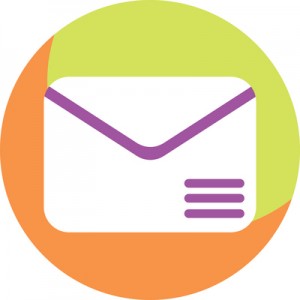
- First ask yourself if an email is really necessary. Emails are often misinterpreted and it might be more effective to deal with the matter via phone.
- Be selective in the distribution list, especially with the selection of people on copy (cc). Do they really need this information or is the message important enough to include higher management?
- If the message is a mailing including external parties you might consider to use the bcc function. This will not disclose the receivers email address to all other receivers and protect their privacy.
- Activate the spell check in your mail application, so that it corrects whilst you are writing. This is more convenient than the check before sending.
- Never send an email when you are angry, most of the times you will regret sending it later. Instead you can write the email and first save it in drafts. It will make you feel better. Then you keep it in drafts over one night and review the mail the next morning. Usually you will rephrase major parts of it before finally sending it.
- Be careful when using CAPITAL LETTERS since this indicates shouting.
- Always open the attachment before sending the mail to make sure that this is really the document you wanted to send.
- Be aware of the difference between “Reply” and “Reply to All”, so that you don’t create spam mail for many people.
- Be careful when your mail application auto-completes the receiver. It quickly happens that you select the wrong person, which can have privacy or confidentiality issues.
- Use the signature function with your contact details, so that people can quickly give you a call.
- Send personal mail to the private address and not to the company address.
- For sensitive contents you should use email encryption or at least protect the attachments with a password which you convey in a separate mail or a separate channel such as text over a cell phone.
(Image Source: iCLIPART)



